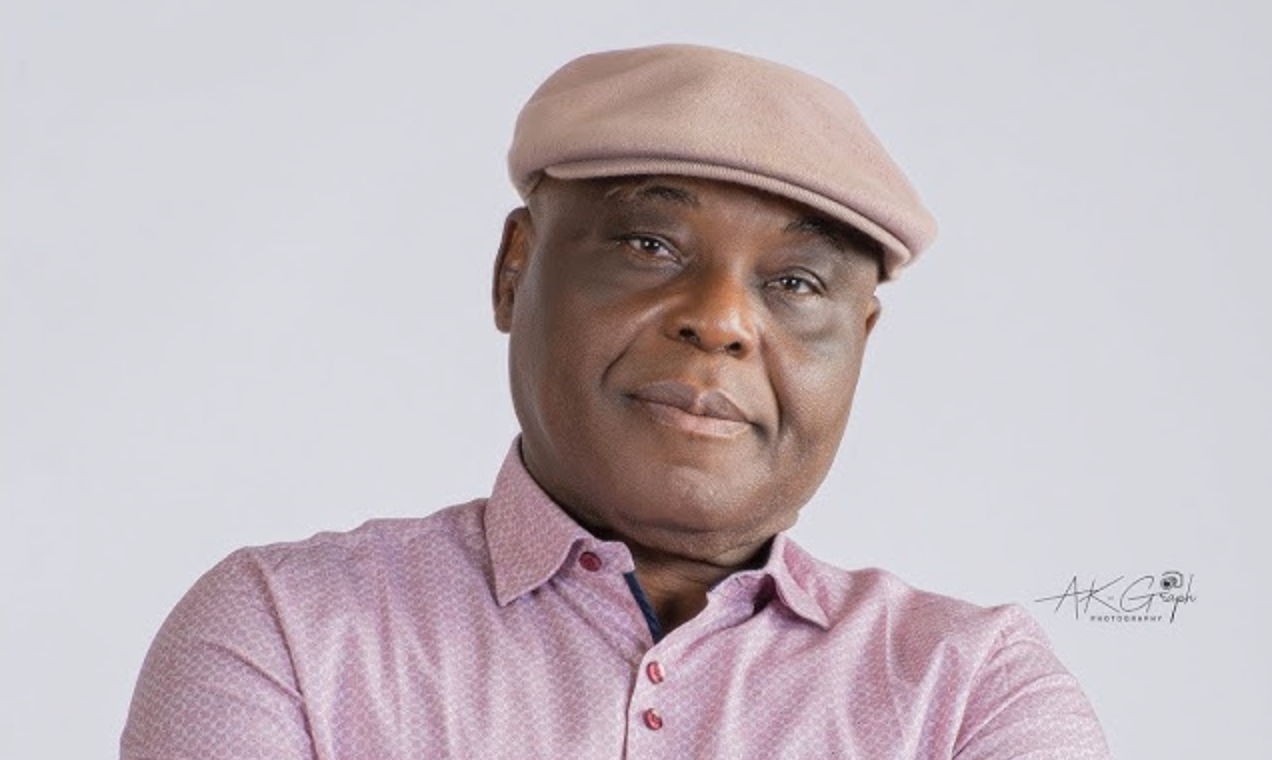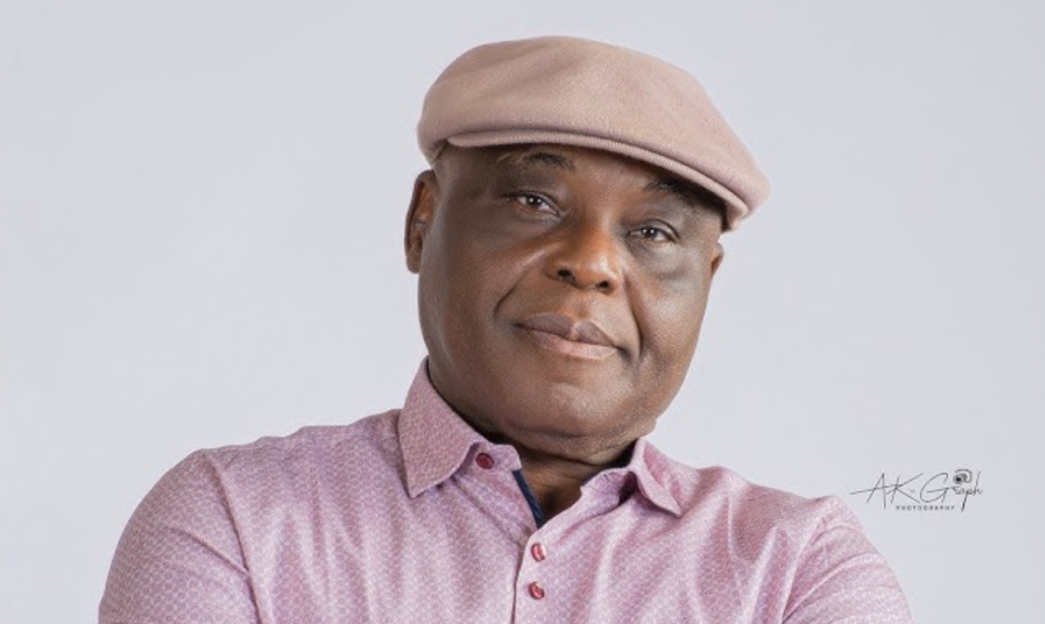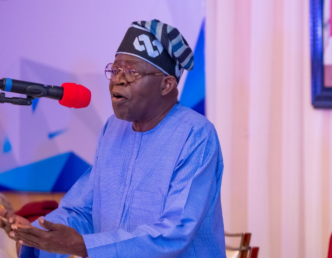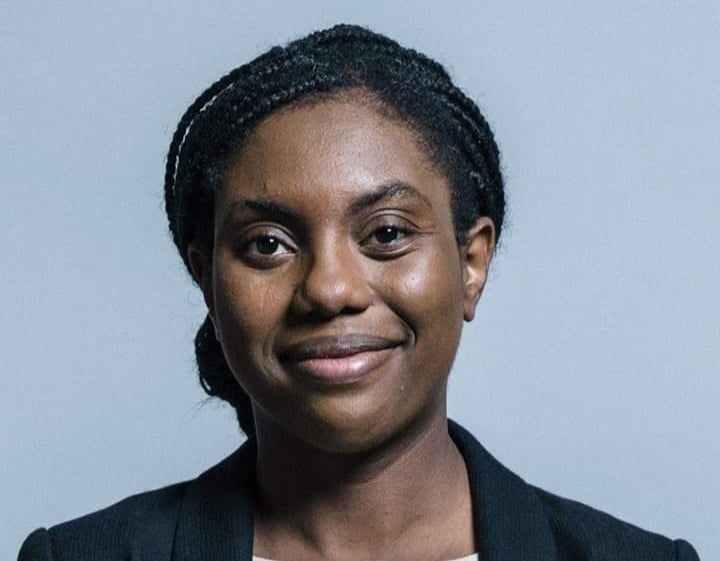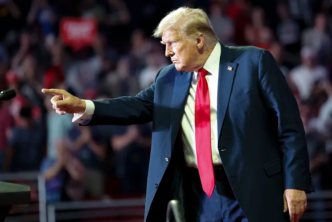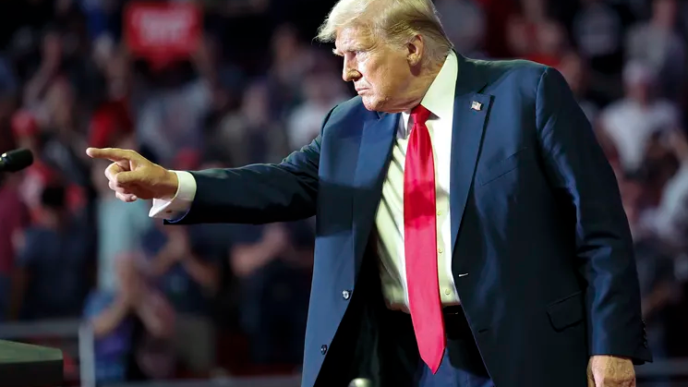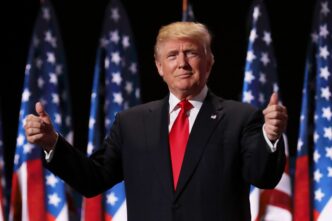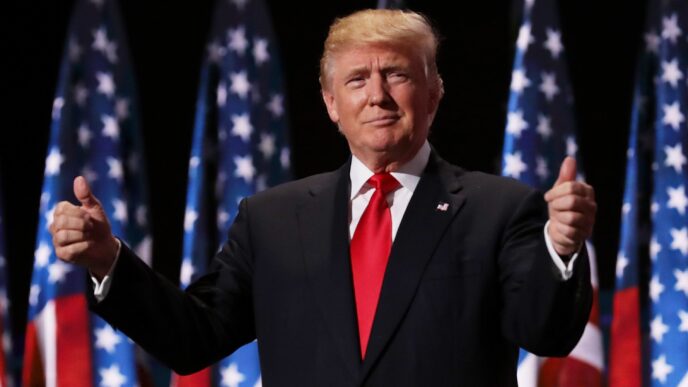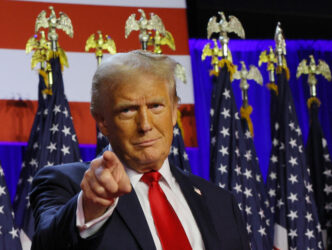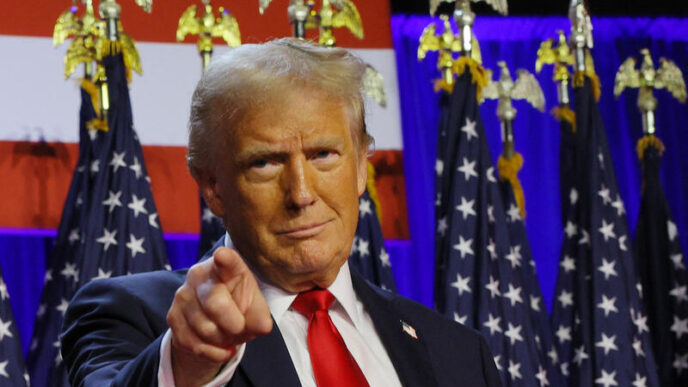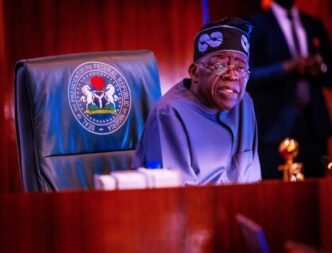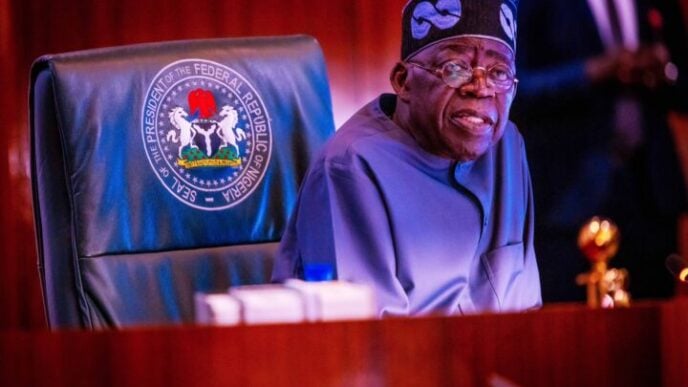On a day that Dr Raymond Dokpesi should have been 73 penultimate week, he wasn’t around because he has gone on a long trip. But his friends still came in his absence to speak some kind words as befitting reminiscences for the life of a good man whose memory should be kept alive in perpetuity.
In a most ingenious coincidence, the Nigerian Institute of Public Relations (NIPR), in collaboration with Daar Communications Plc, inaugurated a lecture in honour of a man who was not only a Fellow but actually did enormous work and made generous provisions to promote the Public Relations profession. At a time, the profession needed channels of trade to ventilate their wares and help create a welcoming environment for trade and country. The coming of Raypower and AIT on the platform of Daar Communications was a veritable opportunity and it created a legacy that can hardly be diminished by time and season.
Aptly titled the Annual Raymond Dokpesi Diamond Lecture, the inaugural theme focused on Media in Stewardship of Democracy: Conversations on Communications and Development. Mr Dapo Olorunyomi, publisher of Premium Times, enjoyed the privilege of speaking to a specially selected live studio audience at the company’s broadcast headquarters in Kpaduma Hills, Abuja, while thousands, if not millions, watched across the world. It was a first grade lecture and the content was caustic but healing if accepted in good faith.
President Goodluck Jonathan narrated for the umpteenth time how only Dokpesi, amongst a few, opened his arms to receive him after he lost elections in 2015 and he felt lonely, orphaned and abandoned. He thought it was the end of the world because African leaders hardly lose elections as incumbents, and willingly relinquish power. Ever the show stopper, Dokpesi put together a big Reception to welcome him back home.
Advertisement
President Jonathan wrote the Foreword, to Dokpesi’s authorised Biography, The Handkerchief, and therefore may be in a vantage position to know a few things about his friend. Dokpesi suffered bouts of loneliness all his life. When he had health challenges as a child, his father’s friend advised that he be allowed to die quietly since nobody expected him to live anyway. He heard the man he sometimes called Daddy, and, early in his life, felt that the world wasn’t a good place but, nevertheless, vowed to live and become the handkerchief that would wipe his parents’ tears.
When the banks fought a war against him in early 2000, to take over his broadcast organisation because of a default on loan repayment, Dokpesi knew the depth of loneliness as he felt betrayed and abandoned by close friends who wanted to see him go down with all his investments. He felt betrayed by friends who were in a position to do something but completely refused. He was always a Lagos boy but that depth of loneliness and trauma drove him to think more about his part of the country, and that marked the beginning of the South South Peoples Assembly (SSPA).
When the Nigerian Government, in 2015, moved against Dokpesi and Daar Communications, saying they profited from a business that was not properly procured and collected morning from the National Security Adviser (NSA), Dokpesi was again abandoned by his friends who didn’t want the government to see them as enemies by association. It was a most trying time for him but he won that case, thankfully.
Advertisement
Dokpesi knew the awful taste of loneliness and only offered President Jonathan a hand to redeem him from a world that is not the best place to be. Jonathan was surprised people ran away from him and simply shifted allegiance to the next man on the throne. Dokpesi was used to that type of treatment, yet never really carried any grievance against anybody. He forgave all.
After the lecture, I got across to Dapo to thank him for his kind words for a man that will remain a friend and a brother. His response was stirring and I quote him here with apologies. “It was such an honour to reward a trail blazer and imaginative outlier. The High Chief was such an institutional builder and our prayers must remain that the soul of the departed continue to earn eternal glory,” he wrote.
Dapo was not shy in his paper nor afraid to throw some little but friendly punches. What he said about the media in helping to promote democracy, good governance and its function in galvanising the people into holding leaders accountable and responsible in the democratic process, would have enjoyed immediate imprimatur from Dokpesi. No matter how close he was to the leaders and was indeed close to so many of them, Dokpesi stood on the side of the ordinary people because he wanted a good life for them. Dokpesi fought from their corner.
I particularly like Dapo’s cautionary position on Artificial Intelligence (AI). He raised questions on AI capacity to cause job displacement and influence key decisions, among others.
Advertisement
Dokpesi was a tech geek and would long have declared his position on AI. In the era of Cyber Sets for studio presentations, he was one of the first media promoters to introduce Cyber Set to Nigeria at AIT studios. His efforts were hailed by former ITU Secretary General, Hamadoun Toure. Before his apotheosis, he had nearly completed a new studio that could as well be planted in any developed country of the world. The studio, which is now more of a parting gift, is simply breathtaking.
“I am not one for conspiracy theories or alarmist predictions, but I ask: how many of us here today, in this age of Artificial Intelligence, truly believe that 2027 elections will be easy to manage, or even possible? With AI at its current level of development and deployment – where it can convincingly imitate voices and create deepfake videos – why should it be inconceivable that we might soon see fake electoral officials,falsified results, and rapid dissemination of these falsehoods across the country through powerful digital devices,” he asked.
AI is the gilt-edge of technology at the moment, an apogee candidate of human invention that even creators are unable to manifestly explain AI capacity and safety beyond its relevance. Some countries are setting strict guidelines for the development and deployment of AI because they dread the rogue attributes.
I can only hazard a guess that Dokpesi would have responded in a very pragmatic way that would be clear to all eyes, a response that would have laid so many myths to rest and challenge the younger generation to embrace AI challenges and opportunities.
Advertisement
Dapo warns that “while we rightfully embrace the transformative potential of AI, we must also prepare ourselves for the reality that technological innovation often benefits elites, corporations, or those in power. The concentration of benefits can exacerbate inequality and limit the broader gains to society unless deliberate efforts are made to align technological change with inclusive growth.”
He delivers a clincher to the effect that “t is imperative that we approach AI’s advancement with commitment to ensuring that its benefits are shared equally”
Advertisement
I totally agree with Dapo. Whether in government or in whatever profession, there is the need to admit that AI is making a most stubborn intrusion into our lives, all we need do is to act speedingly and responsibly to manage and mitigate the harsh consequences of AI while harvesting the opportunities to benefit the society at large. Let the nation leave nobody behind in the age of AI.
Advertisement
Views expressed by contributors are strictly personal and not of TheCable.
Add a comment

